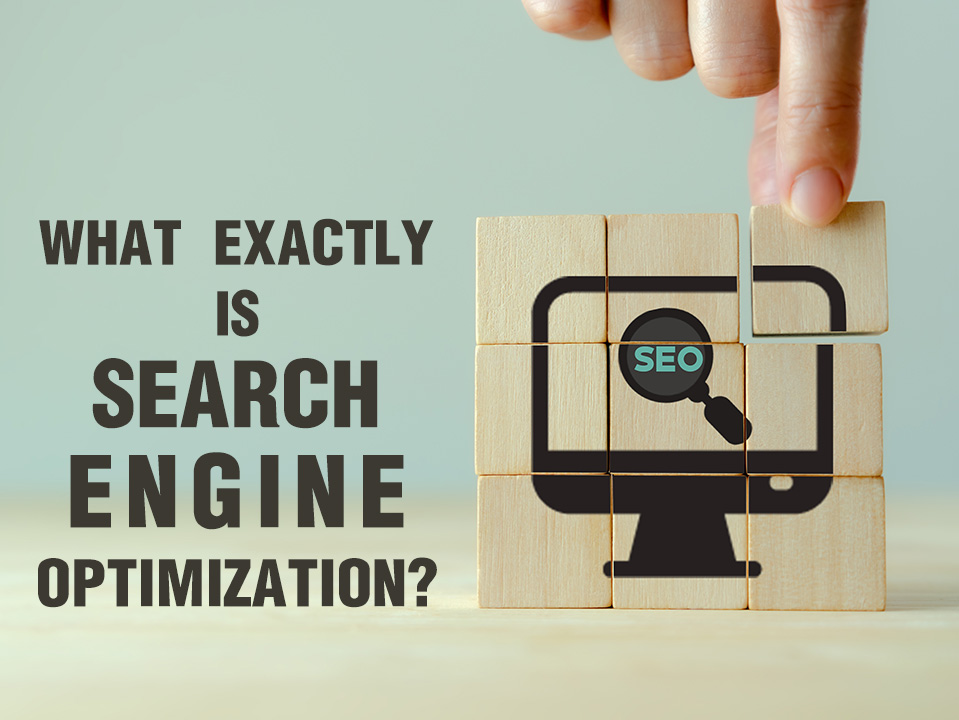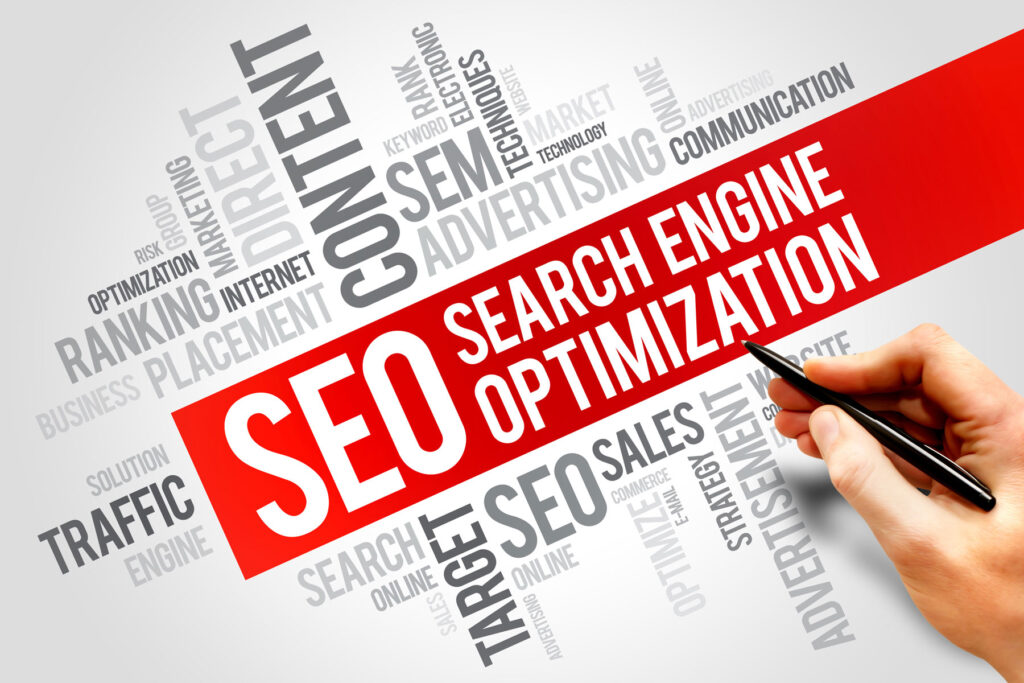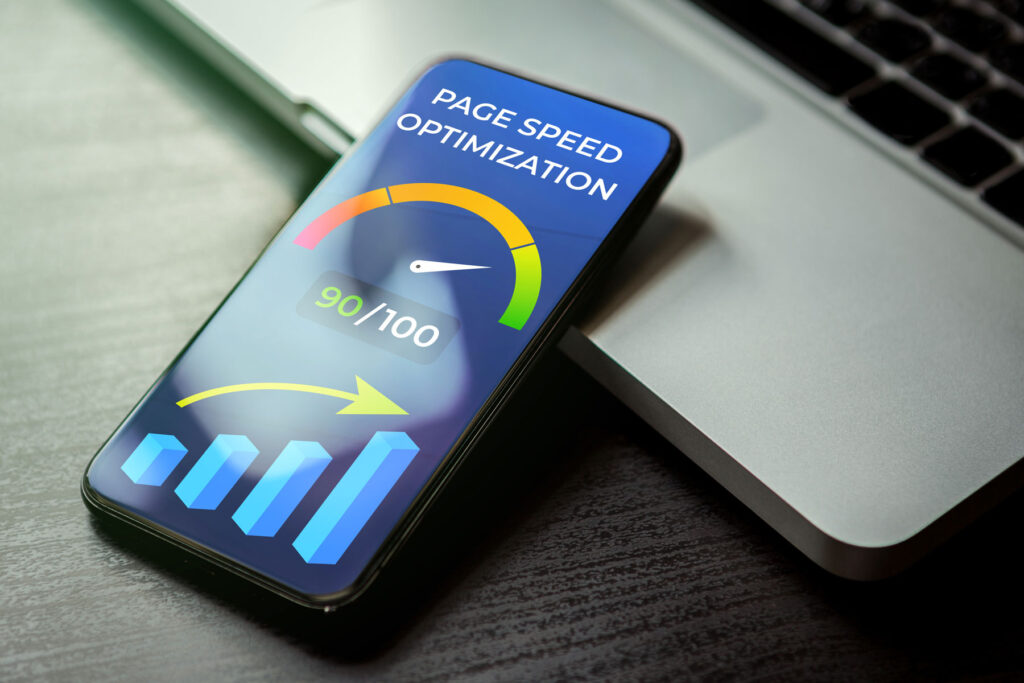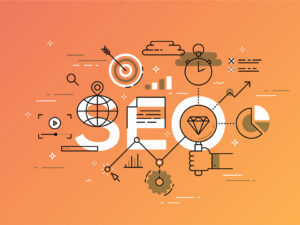
Questions to Ask Before Choosing a Marketing Agency
October 24, 2022
The 7 Most Important Social Media Marketing Services
November 21, 2022
Questions to Ask Before Choosing a Marketing Agency
October 24, 2022
The 7 Most Important Social Media Marketing Services
November 21, 2022Like this article?
More Articles

Search Engine Optimization (SEO) and marketing
Today, the majority of the world’s population uses the internet, which means that if you run a digital business and want to beat the competition at search engine optimization or SEO, you need to understand what it is and how to strategically invest in it.
For what seems like an eternity, Search Engine Optimization (SEO) has been a vital component of operating an internet business, and the present world situation has been a testament to its importance and significance. Due to the tight restrictions, many businesses have been able to use both paid and organic marketing strategies to obtain new clients online.
What is SEO precisely, and why is it so important now more than ever?
Search engine optimization (SEO) is the art and science of achieving a higher ranking for web pages in search engines (like Google). SEO is the process of optimizing your digital presence in order for Search Engines such as Google and Bing to properly rank you and direct your client base to you.
Due to the undeniable fact that “Searching” is one of the primary methods through which people discover information online, ranking higher in search engines can result in an increase in website traffic.
Additionally, the contemporary environment has altered how customers look for and connect with businesses, resulting in a significant increase in online interactions and inquiries.
An efficient SEO plan is composed of various components that, when combined, provide your organization with the boost it needs to compete in today’s competitive landscape.
SEO Process
SEO frequently requires the collaboration of various departments within a business, including those responsible for design, marketing, and content generation. Although some SEO work involves conducting business research, for example, comparing one’s content to that of competitors, a significant portion is dependent on the ranking algorithms of various search engines, which are subject to change over time.
However, a general rule of thumb is that higher-quality content, more external referral links, and more user involvement will lead to higher rankings on search engines.

The SEO process is divided into six distinct phases:
- Conducting research, which may include conducting market research, competitive analysis, assessing the existing state of affairs, and keyword searching.
- Planning and strategizing, which include making decisions about how to manage content, establish links to the website, maintain social media presence, and technological implementation techniques.
- Implementation, the process of carrying out optimization decisions on a website’s pages and the website as a whole.
- Monitoring, in which web spider activity, traffic, search engine rankings, and other data are tracked in order to generate reports for assessment.
- Assessment, which entails comparing the summarized impacts of the strategy (and its implementation) to the stated objectives of the SEO process.
- Maintenance, in which minor and major issues with the website’s operation are addressed as they arise.
Although the SEO method is primarily focused on organic links and search engine result positioning, it is sometimes supplemented with more aggressive measures (e.g., paid search advertisements) and is frequently integrated into traditional marketing campaigns.
SEO Online Marketing
Are you interested in boosting your search engine rankings and driving a ton of organic traffic to your website? If that’s the case, we’ve got you covered with our SEO guide!
On-page SEO
When you hear the term “SEO,” what comes to your mind? Could it be that someone is searching for you or your business on Google, using a set of keywords or phrases?
On-page SEO is concerned with optimizing the elements of your website that are within your control, whereas off-page SEO is concerned with enhancing the authority of your domain through content production and link building.
On-Page SEO is the process of auditing your site’s content and structured data, optimizing each page for keywords, and developing an effective site architecture (including URLs and paths).
The fact is that Search Engines favor material that is both fascinating and engaging for the audience; therefore, filling your page content with keywords is not a good idea. Your website content, Meta tags, titles, and descriptions are crawled and indexed by the Spider algorithm of Google to determine if your page is relevant to a user’s search.
Additionally, these algorithms can detect and discover duplicate material in your page body, title tags, or anywhere else on your website through this procedure. It is a popular misconception that search engines penalize websites with duplicate material; nonetheless, they do prefer unique information.

Technical SEO
Technical SEO typically involves modifying the website’s source code in order to improve search engine rankings. Meta Titles and Meta Descriptions, HTTPS requests, and broken links are all included in this category.
All of these backend components contribute to your website being deemed ‘worthy’ by search engines. Your HTTPS status is another ranking criteria that is taken into account when calculating your page’s rating.
HTTPS was previously utilized on ecommerce websites that contained sensitive data to reassure users that the web page was safe. As we move toward a completely secure internet that provides people with freedom and security while browsing —search engines increasingly favor HTTPS-secured websites.
Page Speed
Website speed is another criteria that falls under the ‘Technical SEO’ umbrella. Speed is a significant ranking factor that search engines take into account when determining your site’s rating.
Statistically, if a website doesn’t load in 2 seconds or less, 50% of visitors will leave, and for every extra second, your conversions can decline by 20%. So it’s in the best interest of both you and your visitors if your site is easy to navigate.

Content Marketing
Additionally, search engines rank your site based on how well users react to and engage with your content. To achieve significant success with organic rankings, it is necessary to have an effective content SEO plan that includes clear goals and objectives, a target audience, the targeted keywords for each blog, and any relevant external or internal links.
Backlinks
It is essential to communicate to Search Engines that your site is a reliable and trustworthy source for your target audience. Obtaining high-quality backlinks from other authoritative websites is one technique you could employ to accomplish this objective.
They are referred to as ‘Link Building’ campaigns, and their objective is to obtain backlinks to your site in exchange for information such as press releases, featured products, or even guest posts. While high-quality backlinks benefit your site’s search engine optimization, low-quality (or toxic) backlinks can be detrimental.
SEO is not simply a matter of filling your website with keywords with the goal of being discovered or seen. From the moment users land on your page, search engines begin to assess their engagement and interaction with it.
If you’re interested in enhancing the health of your website through technical SEO, and ultimately increasing your visibility through a highly effective plan, feel free to contact us and consult our team of professionals.








